MEDICAL TREATMENT OPTIONS
When you have allergies, your body releases chemicals that cause congestion, runny nose, itching and sneezing when you are exposed to an allergen that affects you. Medications can give you short-term relief by blocking these chemicals. They can also be used regularly to reduce inflammation in the nose.
Following are common medical treatments used as a first line in treating allergies.
Treatment Overview
Saline Rinses
| Rinsing the nose with salt water helps reduce inflammation by flushing out the chemicals and pollens produced in allergic reactions. |
| It can be done with both low‐volume and high‐volume rinses: • Squirt bottles ‐ small amounts of saline squirted into the nose • NeilMed® ‐ high volume (8 ounces) flushed through the nose and sinuses • Neti Pot® ‐ high volume (8 ounces) poured into the nose over the sink • Hydrasense® - high volume flushed through the nose and sinuses |
| How often to do it: Nose sprays will work better if you rinse the nose 30 minutes before using the medicine. Can use up to several times a day whenever helpful. |
Antihistamines
| Works by blocking the action of histamine, the main chemical released in allergic reactions, from causing itching, sneezing and drainage. |
| Older antihistamines ‐ diphenydramine (Benadryl®), chlorpheniramine (Chlor‐Trimeton®) – Not recommended • Potent; 1‐2 hour onset; shorter duration • Often cause bothersome drowsiness; can be too drying |
| Newer (longer‐lasting) antihistamines loratadine (Claritin®), fexofenadine (Allegra®), rupatadine (Rupall®), bilastine (Blexten®), cetrizine (Reactine®), desioratadine (Aerius®) • Long lasting; can be used once a day • Not as effective for congestion, which is usually the most bothersome symptom |
Leukotriene Receptor Antagonists
| Leukotriene receptor antagonists (montelukast [Singulair®]) block the leukotrienes, which are major inflammatory chemicals that are also released in allergic reactions. |
| Easier to take than nasal sprays, since they are tablets. Can help with nasal congestion. Effects are typically modest, but many people see noticeable improvement with them. Not terribly effective for many people. |
